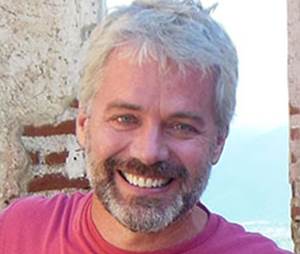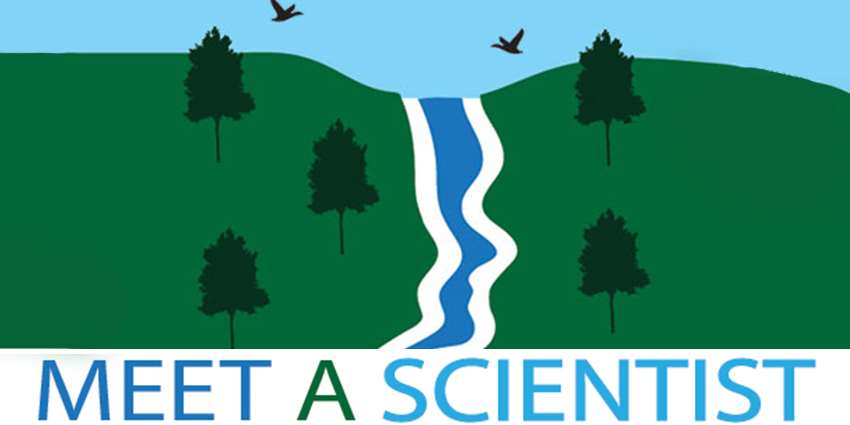From the Sea of Galilee in Israel, to the northern Gulf of Mexico, to a neotropical river in Venezuela, Dr. Daniel Roelke’s research has led him all over the world — in pursuit of species smaller than a drop of water.
An associate professor in Texas A&M University’s Department of Wildlife and Fisheries Sciences and Department of Oceanography, Roelke examines the ecological factors that govern environmental quality. He has researched plankton and aquatic ecology, algal blooms and population biology, and their effects on human health.

“First and foremost in the aquatic system, microscopic organisms are the base of the food web,” Roelke said. “So as they grow, so does the rest of the food web.”
Roelke was drawn to his field of research primarily to understand how to manage microbes that are harmful and potentially lethal to humans and marine life. However, his fascination with the dynamic food web and biota interactions of aquatic ecosystems began in his childhood in Emigsville, a small town near York, Pennsylvania.
At a young age, Roelke was fascinated by the 30-gallon fish tank his father kept full of tropical fish. “I would stare for hours and watch the fish swim around and interact,” he said. “That just completely captivated me.”
Roelke recalled finding his brother’s childhood picture book called “Fish do the strangest things” in his family’s attic, which further introduced him to the intriguing world of aquatic life. The book became his informal education and inspiration regarding marine and freshwater species, and he still owns it to this day.
“The pages are actually stained brown with the oils of my fingertips,” he said, laughing.
Years later, Roelke received his bachelor’s degree in earth science at Millersville University, in Pennsylvania, and his master’s and doctorate in oceanography at Texas A&M University. He then completed a postdoctoral research project at the Naval Research Laboratory at the Stennis Space Center in Mississippi.
At the Naval Research Lab, Roelke worked with a team of researchers interested in finding submarines and mines submerged in the ocean using satellite data. Roelke examined ocean color, or the water hue resulting from the presence of tiny plants containing pigments, sediments and colored dissolved organic material to help locate the artifacts.
“You have to subtract out all the other things in the water that are controlling its color, including phytoplankton,” he explained.
One of Roelke’s current research projects focuses on harmful algal blooms that are problematic in many Texas lakes and estuaries and their effects on species collapse. Understanding how to manage microscopic organisms is vital for protecting natural resources and aquatic ecosystems, because some species are detrimental — and deadly.
“The algae can be lethal to humans,” he said. “They can also cause really large fish-kills. So they have to the capacity to be quite beneficial to ecosystems, but they can also be damaging.”
Roelke said he seeks to understand the mechanisms that cause different kinds of algae to grow, so the knowledge can be used to guide management aimed at preventing the growth of harmful species.
Although Roelke’s research has led him to areas as diverse as Australia, the Greek Islands and the middle of the Red Sea, all of his projects share a common theme — ecohydrology. Ecohydrology, or the study of the interactions and relationship between water and the environment, is critical for understanding and protecting ecosystems, he said.
“That’s where you look at inflows coming into systems, and not just the total amount of inflow but the periodicity and the timing of those inflows,” Roelke said. “All of my projects look at different aspects of environmental quality, but they are all linked to the hydrology.”
Roelke said he seeks to understand how a decrease in freshwater sources, thanks to climate change and increasing human populations, will influence hydrology and, in turn, affect aquatic ecosystems.
“That becomes very important, because with climate change, hydrology changes,” he said. “So that’s the unifying theme of my research.”

